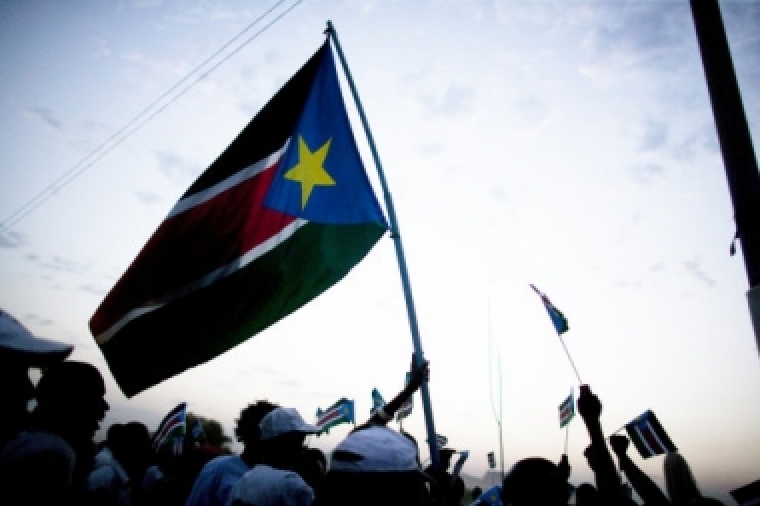
World Vision Australia's Head of Humanitarian and Emergency Affairs Anthea Spinks welcomed the ceasefire as a step toward ensuring safe passage for aid workers in areas that were previously inaccessible.
"The ceasefire is a significant opportunity for aid agencies, like World Vision, to safely access some of the most vulnerable people affected by the violence, including children," Ms Spinks said.
"Until now, several parts of South Sudan have been inaccessible. This has left many families in desperate need of assistance, with children being the most vulnerable."
Around 470,000 people have been displaced by the conflict since mid-December and thousands have crossed borders into Uganda, Kenya, Ethiopia and Sudan to seek refuge.
World Vision is responding to people affected by the conflict in South Sudan, Uganda and Kenya. World Vision is working closely with the United Nations and other non-governmental organisations to ensure aid efforts are coordinated.
World Vision is extremely concerned about the negative impact of the violence on children in South Sudan. "In any conflict, children are always the most vulnerable. World Vision and other agencies are ready to move in to the areas where children have been most affected, as soon as it is deemed safe for us to do so," Ms Spinks said.
World Vision has been working in the South Sudan region since 1989. World Vision was among the few aid agencies that provided emergency assistance during war to the displaced populations in the then Southern Sudan region of Sudan, which became the Republic of South Sudan after independence in 2011. World Vision remains committed to support local peace-building and recovery efforts to promote sustainable development in the world's youngest nation.